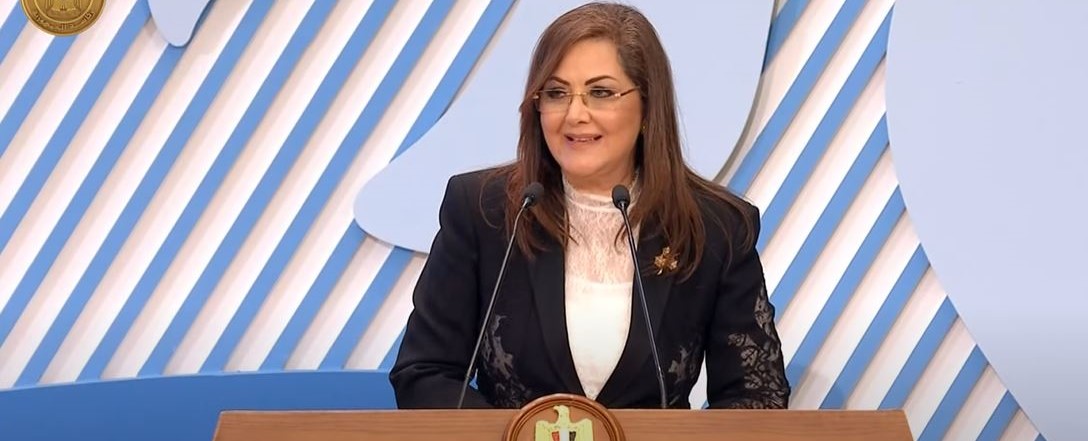The Ministry of Planning and Economic Development issues a report on the objectives of the plan for the fiscal year 2022/2023

29 July 2022
The Ministry of Planning and Economic Development issued a report on the objectives of the plan for the fiscal year 2022/2023, as part of a series of annual reports that review the economic and social development plan for the fiscal year.
H.E. Dr. Hala El-Said, Minister of Planning and Economic Development, confirmed that the plan adopts all the development goals emanating from Egypt's Vision 2030, as well as the goals contained in the National Program for Economic and Social Reform in its second phase concerned with structural reform, with a commitment to the prescribed constitutional entitlements, and to continue to activate the initiatives being implemented.
El-Said added that in agreement with the integrated perspective of the three dimensions of the economic, social, and urban development plan, the plan is keen to reconcile the strategy of high economic growth and the strategy of targeting employment by expanding the absorptive capacity of employment in various economic activities, especially small, medium and micro enterprises.
The report of the Ministry of Planning and Economic Development indicated that the most important objectives of the plan are at the level of macroeconomic variables, and some sectoral variables.
Objectives in the field of economic development are to develop the absorptive capacity of the labor market to allow for the provision of about 900,000 jobs annually to absorb the excess supply and to maintain the unemployment rate within the range of 7.3% of the total workforce.
The report also indicated an increase in the savings rate to about 9.9% in the year 22/2023, and an increase in the investment rate to about 15.2%, in addition to an increase in net foreign direct investment flows to about 10 billion dollars in the year of the plan.
The plan’s objectives in the field of economic development, according to the report of the Ministry of Planning and Economic Development, also included the development of non-oil commodity exports with an average annual growth rate of about 10% to rise to $35 billion in the year 22/2023, and the rationalization of import operations so that commodity imports do not exceed $90 billion in the general plan.
The objectives of the plan also included enhancing the competitiveness of the Egyptian economy and accelerating its transition to the knowledge economy, so that by 2030, Egypt would rise to the ranks of the five leading countries in the group of emerging countries.
The report of the Ministry of Planning and Economic Development touched on the objectives of the plan in the field of social development, which included continuing to reduce the population growth rate from about 2% in 18/2019 to about 1.8% in the year the plan while reducing the illiteracy rate from 18.9% in 2019 according to the results of the annual bulletin of the power survey workforce to about 17% at the end of the plan year.
The report also pointed to achieving price stability so that the general inflation rate does not exceed 10% at the end of the plan year, in addition to reducing the percentage of the population below the national poverty line from 29.7% in 2020/19 to below 25% in 22/2023.
Where the gap in poverty rates does not exceed 20 percentage points among governorates, in addition to increasing female and youth participation in the labor force to narrow the gender and age gap in unemployment rates.
Concerning the field of urban development, environmental improvement, and the transition towards a green economy, the report indicated that the plan aims to increase the area of the Egyptian globe to raise the proportion of the inhabited area to about 9% in the year 22/2023, in addition to increasing the proportion of public investments directed to green economy projects from 30% currently of the total Public investments to 35% - 40% in 22/2023.









